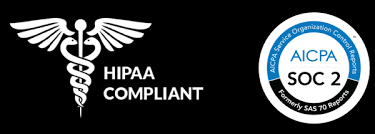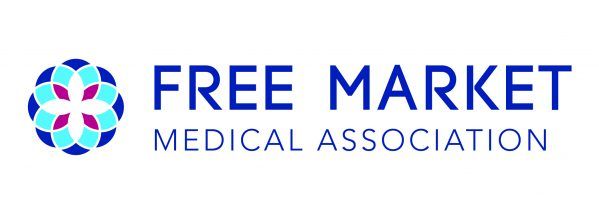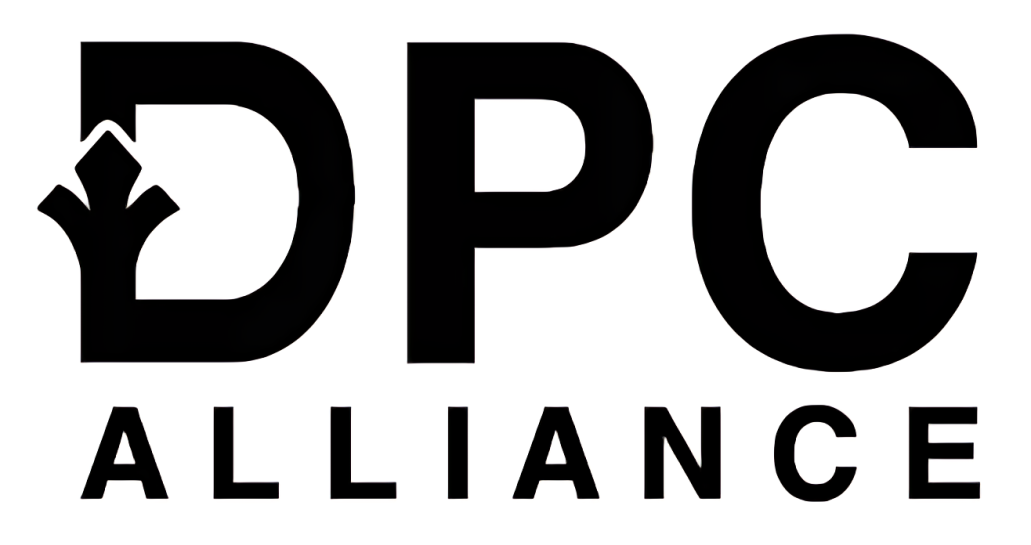How Analytics Enhances Abstraction Quality, Efficiency, and Inter-Rater Reliability in Healthcare

Managing patient data is no small task. If you're a healthcare professional, you've likely spent hours digging through records to find key details, trying to stay accurate and consistent. This process, known as clinical abstraction, plays a crucial role in quality care, reporting, and running your practice smoothly. But let’s be honest, it’s slow, complex, and often frustrating.
Now imagine if that work could be faster, more accurate, and easier for your team. In 2025, analytics is making that possible, transforming clinical abstraction and giving both providers and patients a better experience.
What Is Clinical Abstraction?
Clinical abstraction is the process of pulling out important information from patient records, like test results, diagnoses, or treatment notes - for reporting, billing, and patient care tracking.
It’s vital - but often time-consuming and prone to human error. Two nurses could read the same chart and come to different conclusions, leading to inconsistencies in patient data.
This is exactly where analytics comes in to make things easier and more reliable.
How Analytics Makes a Difference
1. Better Data Quality
Analytics tools can scan for missing or inconsistent information. If a diabetic patient’s A1C result is missing, the system alerts your team, helping ensure nothing falls through the cracks.
2. Faster, More Efficient Workflows
Manual abstraction can take hours, time that could be spent with patients. With analytics, much of that work is automated. It pulls out needed details in seconds, reducing staff workload and freeing up time for care.
3. More Consistent, Reliable Results
When multiple staff members interpret charts differently, it can lead to errors. Analytics applies standardized rules so everyone’s working from the same playbook. That means more accurate data and better decisions.
Why This Matters for Direct Primary Care and Healthcare Teams
If you run or work in a Direct Primary Care (DPC) practice, your focus is on building strong patient relationships and delivering efficient, personal care. But even in DPC, data can bog you down.
Here’s how analytics helps:
- Quality Reporting Made Easier: Tools like HEDIS or MIPS require clean, complete data. Analytics ensures your reports are accurate without exhausting your staff.
- Improved Patient Outcomes: With clearer data, you can catch trends early- like rising A1C levels and act before small issues become big problems.
- Lower Costs, Less Burnout: Less manual work means lower administrative overhead and more energy to focus on patients.
Plus, patients and regulators expect transparency and measurable results. Analytics gives you the data to prove your value.
What If Tech Feels Overwhelming?
If you’re thinking, “I don’t have the budget or IT staff for this,” you’re not alone. But the good news is, you don’t need to be a tech expert.
- Affordable Options: Many platforms are cloud-based with subscription pricing—no big upfront costs.
- Easy to Use: These tools are made for healthcare workers, not tech pros.
- Support Included: Vendors offer training and even custom support for small practices.
Start small. Try analytics on one workflow, like preventive care abstraction and build from there.
The Human Side Still Shines
Analytics is powerful, but it’s not here to replace you. It’s a tool like a stethoscope or a chart that makes your expertise sharper. You’re still the one connecting with patients, listening to their stories, and making the calls that matter. Analytics just clears the clutter so you can focus on that human touch.
A Smarter, Simpler Way to Deliver Care
In 2025, analytics isn’t just a bonus - it’s a necessity. It improves the quality of your data, saves your team time, and strengthens care delivery. In a world where every hour and every patient matter, smarter tools mean better care.
So ask yourself:
- Is your current process costing you time or money?
- Are there gaps in your patient data?
If yes, it’s time to explore an analytics solution that fits your workflow. You’ll gain peace of mind, improve care quality, and give your patients what they deserve—timely, reliable, and compassionate healthcare.
Take the first step. Schedule a demo with
Health Compiler
today and see
how analytics can transform your practice
for you and your patients.




